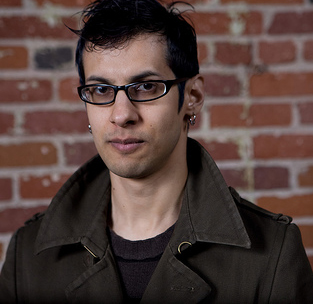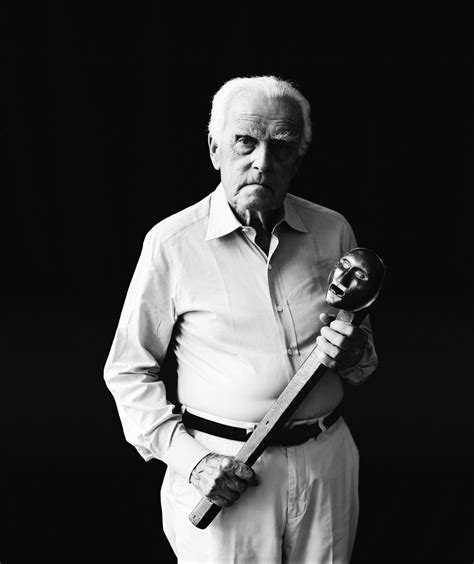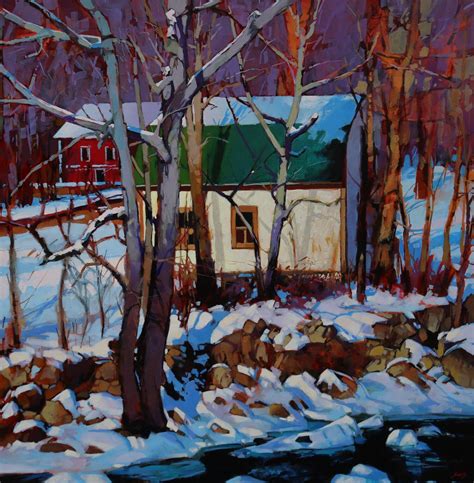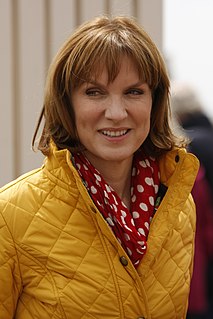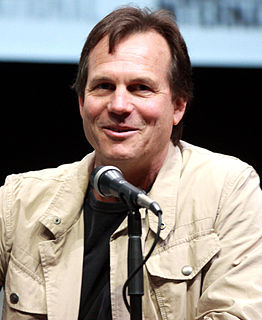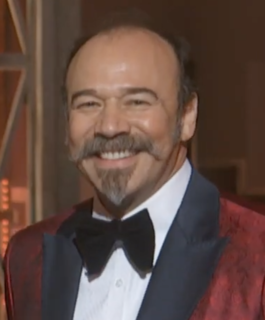A Quote by Dana Rosemary Scallon
Do you need an audience to create work, or does not having an audience liberate you and make you a truer artist?
Related Quotes
What I find interesting is this ricochet effect, that the audience perceives the work and then does something with it, throws it back to the world, and there's an ongoing interaction between work and audience, which doesn't belong to the artist anymore - from the moment you release it, it doesn't belong to anybody.
The audience does not need to tune themselves to you - you need to tune your message to fit them. Skilled presenting requires you to understand their hearts and minds and create a message to resonate with what's already there. Your audience will be significantly moved if you send a message that is tuned to their needs and desires. They might even quiver with enthusiasm and act in concert to create beautiful results.
Making a show is also economics. Because the irony is, or the shame of it is, you cannot create a show instantaneously. It needs to be massaged. You need to see who is relating to who. How is it working with the audience? You need to give it a chance for the audience to find it, because there are so many outlets. And the audience doesn't know where to go.
If you address yourself to an audience, you accept at the outset the basic premises that unite the audience. You put on the audience, repeating cliches familiar to it. But artists don't address themselves to audiences; they create audiences. The artist talks to himself out loud. If what he has to say is significant, others hear & are affected.
You don't fully understand the meaning of a work until the audience responds to it. Because the audience completes the circle, and adds a whole other shade of meaning. Whenever you view something, and this is why great works of art survive decades and centuries, is because there's a door within the work that allows the audience to walk through and complete the meaning of the work. An audience isn't passive, nor are they unintelligent.




